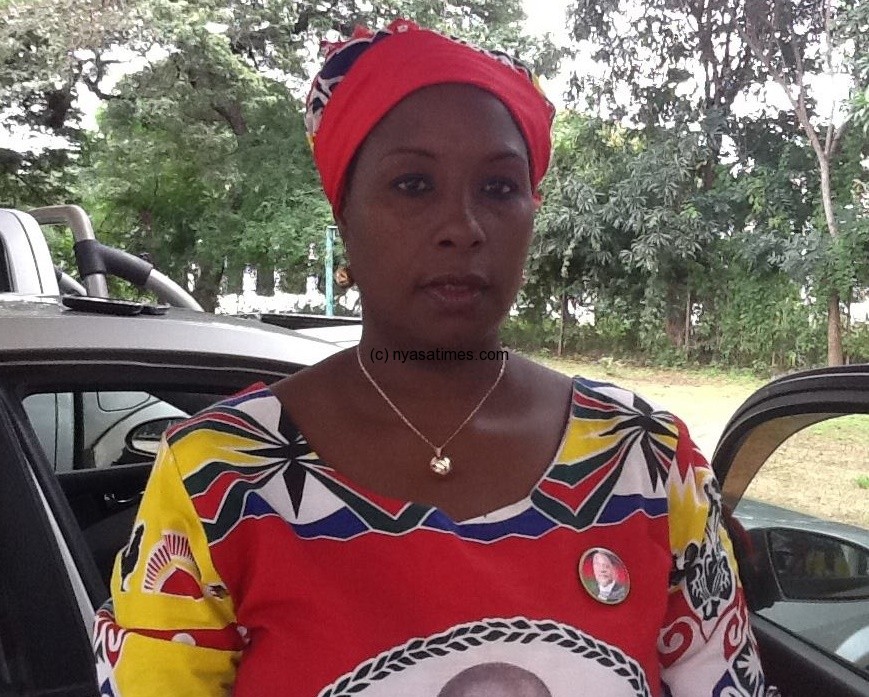Football marketing in Malawi
Football is a money-spinning business the world over. In such big leagues as the English Premier League, Spanish Primera Liga and German Bundesliga, football is a major industry contributing enormously towards the national economy.

A number of advantages accrue from football commercialisation. Firstly, football creates jobs. Secondly, it boosts other industries like advertising, betting, insurance and broadcasting. Thirdly, clubs and player agents pay taxes to government. Fourthly, professional football clubs are a pride to a nation. Lastly, a fully-fledged professional football league is a requisite in building a formidable national team; the success of Italy, Spain and Germany in world football in recent history renders credence to the case.
However, the above benefits of commercialisation cannot be said of the Super League of Malawi (Sulom). What is the problem? Where have we gone wrong? Any sober debate or in-depth analysis will bring to the fore a host of reasons.
(a). Absence of aggressive marketing strategies
Without any shade of doubt, it can be stated that Sulom is not an attractive brand. It has done little to market the league. There is no marketer to provide marketing solutions. Clubs too must rethink their marketing; they should demonstrate why it is worth investing in the Super League. For instance, how an association with a powerhouse like Bullets Football Club (FC) translates into courting six million supporters through shirt sponsorship and branded merchandise like replica jerseys, scarves, caps, towels, travelling bags.
It is high time, Sulom and clubs realised the potential of match-day advertising through billboards mounted in stadia. This strategy has worked elsewhere.
However, Zambia’s Nkana FC official admitted in The Nation that the challenge for clubs is to market without erecting marketing structures.
(b). Failure to sell broadcasting rights.
When leagues are generating revenue through broadcasting rights, Sulom is ripped off by broadcasters who cover matches for free. So much to the amusement of the teams and disillusionment of those agitating for commercialisation. Ironically, broadcasters want free coverage while they sell slots in the live coverage. Teams should, henceforth, stop being contented with publicity. Publicity is meaningless if it does not translate into financial inflows.
Recently, the football association invited bids from broadcasters to secure rights, whether any deal has materialised nobody knows.
Notwithstanding that, it is unfair to thrust all the blame onto the media, Sulom should be taken to account for failing to market the games. Clubs are guilty for requesting too much in broadcasting rights in a league that is yet to gain eminence.
(c).Virtual lack of order
Clubs failure to offer contracts to their players leads the players to sign for foreign clubs as free agents, thus depriving the clubs an opportunity to rake in millions of kwacha. The absence of club licensing denies Malawian clubs a chance to compete in CAF competitions. In essence, denying clubs increased revenue and exposure at a bigger stage.
Recently, a stakeholders meeting was held to help clubs maximise transfer options. The fruits are yet to be seen.
Another perennial challenge is for self-seeking supporters to resist outsourcing of gate manning services so that they should get away with millions that would have benefitted clubs. Besides, certain misguided individuals that block any takeover by investors who wants to turn them professional. Cifu Group’s proposed buyout of Bullets FC which was blocked by supporters is a case in point.
Similarly, travelling teams play two games within a space of 48 hours, which in itself is not healthy. This has traditionally been viewed as a cost-cutting measure. However, caution should be exercised so as not to compromise on standards; any cost-efficiency analysis will fault this thinking because playing in a national league is financially-demanding.
(d). Absence of professional administrators
There are no experts to professionally run Sulom clubs. As Peter Kanjere argues in his article Domestic Football Can Learn From PTC that football should not be run by part-time administrators without any marketing or management background and agitate a coup by technocrats. This article is thus in full agreement with that observation. Unless this is done, commercialisation will by all measure remain a distant aspiration.
Follow and Subscribe Nyasa TV :



U hav taught dem.doz dat hav ears hop wl materialise dis.
This is malawi if our haven’t a sponsor its very difficult for a club to have a sponsor FAM tried to sell uniforms but nothing goes well so what about a club
What every.
Teams don’t want to invest their money. Club like kaizer chiefs they have business that they run but here clubs are in spending galore. For example mighty wanderers being sponsored by forward u have an opportunity to establish ur own car hire n generate money for the club. But all the 70 million will go without any investment. Gaffar as a patron of the club u r a successful business person , plant the same and teach the club business n u will b a happy patron coz u will no longer give handouts to wanderers. Amene muli chifupi ndi… Read more »
All what you have cited is NOTHING! Teams that dont have their own physical structures like own stadium and training ground, will continue dreaming. So keep on lying to them maybe the lie will one day turn to be true, typical African style.